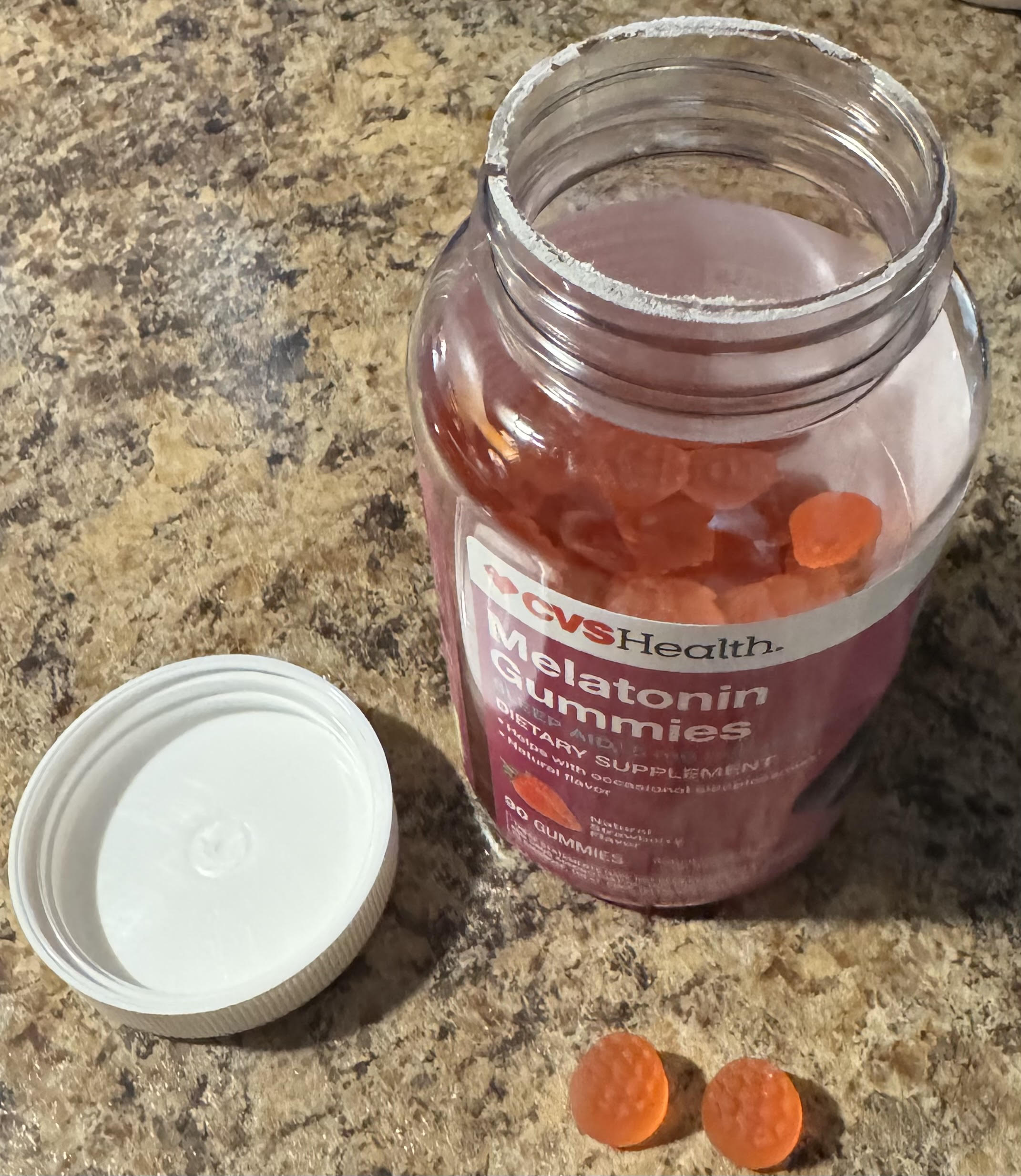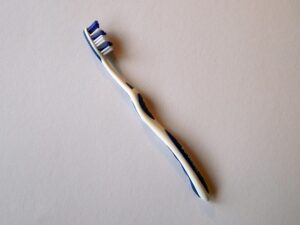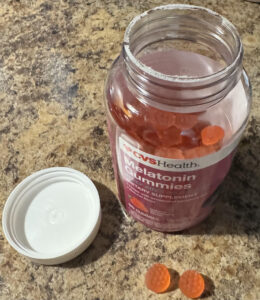
Melatonin, often referred to as the “sleep hormone” or “darkness hormone,” plays a crucial role in regulating the body’s internal clock, known as the circadian rhythm. Lab testing for melatonin levels has become increasingly popular for healthcare professionals, researchers, and individuals seeking to optimize sleep patterns.
Below, we will discuss some basic concepts including reasons why somebody may need melatonin testing, normal and abnormal value ranges, sample requirements and information on melatonin supplementation.
A Quick Overview of Melatonin
Melatonin is a hormone primarily produced by the pineal gland; a pea-sized endocrine gland located in the brain. Its production of melatonin is strongly influenced by the light-dark cycle, with levels typically rising in the evening as darkness falls and decreasing in the morning with exposure to light. This natural rhythm helps regulate our sleep-wake cycle, signaling to the body when it’s time to sleep and when it’s time to wake up.
Reasons for Melatonin Lab Testing
There are 2 main reasons why healthcare providers might recommend lab testing for melatonin:
Sleep Disorders: Abnormal melatonin levels can be associated with various sleep disorders, including insomnia, delayed sleep phase syndrome (DSPS), and shift work sleep disorder. It can also help assess for jet lag.
Seasonal Affective Disorder (SAD): Melatonin levels may be altered in individuals with SAD, a type of depression that is related to seasonal changes, typically occurring in the fall and winter.
What Are Normal Ranges for Melatonin?
It’s important to note that melatonin levels fluctuate significantly throughout the day, with the highest levels typically occurring at night. Therefore, the time of sample collection is crucial for accurate interpretation. The following ranges are according to Quest Diagnostics:
Daytime: during the daytime hours, melatonin should be about 2.0-80.0 pg/ml (picograms per milliliter).
Nighttime: during the night, melatonin levels should increase to around 18.5-180.0 pg/ml.
As you can see, melatonin levels at night can be around 2 to 90 times higher than typical daylight levels. However, it’s important to consider these ranges in the context of a person’s sleep-wake cycle and the specific time of sample collection.
What Can Causes Low Melatonin?
Aging: Melatonin production naturally decreases with age, similar to that of testosterone and estrogen. The lack of melatonin may be one reason that older people don’t seem to need as much sleep as younger people.
Excessive light exposure at night: Artificial light, especially blue light from electronic devices, can suppress melatonin production. This is why some manufacturers like Apple have a “Night Shift” setting on their iPhones and iPads to filter out the blue light when using devices before bedtime. Don’t worry Android users, because Android has a version called “Night Mode” which also filters out blue light.
Shift work: Working night shifts can disrupt the natural melatonin rhythm since you are likely sleeping while the sun is out. Career fields which are most likely to perform shift work are medical workers, security & law enforcement, military, firefighters, truck drivers, gas station clerks and grocery shelf stockers, just to name a few.
Stress: Chronic stress can increase cortisol levels and lower melatonin levels, potentially paving the way for future insomnia. This is why you should do everything you can to de-stress and relax before bedtime.
Vitamin B6 deficiency: This vitamin is necessary for melatonin synthesis. A balanced diet and a daily multivitamin should be enough to keep adequate levels.
Caffeine consumption: Especially in the evening, caffeine can suppress melatonin production in addition to increasing the heart rate. Both of those can make it harder to fall asleep. Avoid getting that Starbucks before bedtime at all cost.
Certain medications: Beta-blockers, nonsteroidal anti-inflammatory drugs (NSAIDs), and some antidepressants can lower melatonin production in the body.
What Can Cause High Melatonin?
While less common, elevated melatonin levels can occur due to:
Melatonin supplement use: Over-the-counter supplements can significantly increase melatonin levels in the blood. This is why many people use melatonin tablets or gummies at bedtime to help them fall asleep.
Seasonal changes: Some people may produce more melatonin during winter months due to the shorter days and periods of less sunlight. Even worse, some areas of the world like Norway, Finland, Sweden, Greenland and Antarctica can go months with no sunlight at all! This phenomenon where the sun never rises is know as the “polar night” and can last anywhere from 1 to 6 months. For those that suffer from Seasonal Affective Disorder, these areas can be especially harder to deal with.
Certain medications: Certain antidepressants and birth control pills can increase melatonin levels.
Sample Requirements For Melatonin Testing
Melatonin levels can be measured using blood, urine and saliva:
Blood (Serum or Plasma): Provides a snapshot of melatonin levels at the time of collection. This results in a wide variance of results depending what time of day the sample is drawn.
Urine: A 24-hour urine sample measures the primary melatonin metabolite, “6-sulfatoxymelatonin”. This provides information about total melatonin production over a full day-night cycle. A benefit to the 24-hour urine is that you don’t have to get stuck with a needle. However, the big drawback to using 24-hour urine is that you have to carry around a big jug of urine all day since you never know when you’ll need to relieve yourself.
Saliva: A benefit of saliva testing is that you don’t get stuck with a needle and it doesn’t require carrying around a jug of urine all day. This is preferred especially when performing a Dim Light Melatonin Offset (DLMO) test since 7 samples are required. Most people would prefer giving 7 saliva samples than to get stuck with a needle 7 times for blood sampling. Additionally, the use of saliva allows melatonin testing to be done at home instead of having to visit a lab or doctor’s office to submit a specimen.
Proper Method of Sample Collection
The accuracy of melatonin testing heavily depends on proper sample collection:
Timing: For blood and saliva tests, samples should be collected at specific times, especially for DLMO testing.
Light Control: For evening and nighttime samples, exposure to bright light should be minimized as it can suppress melatonin production.
Fasting: Food intake can affect melatonin levels, so fasting for a few hours before sample collection may be recommended. Your doctor can tell you how long you should fast for with this specific test.
Medication and Supplement Restrictions: Melatonin supplements should be discontinued before testing (after doctor approval). Other medications that affect melatonin levels should be avoided as well. Quest specifically mentions that patients should discontinue pituitary and steroid hormones for 2 days prior to collecting samples.
Activity Level: Strenuous exercise close to sample collection time should be avoided as it can affect hormone levels. Wait until you have submitted your melatonin samples before continuing your workout regimen.
24-Hour Urine: Collection of all urine over a 24-hour period is crucial for reliable results. If you accidentally forget to urinate in the provided jug, this will likely affect your melatonin results and you may need to start over the next day with a new jug.
Do Melatonin Supplements Work?
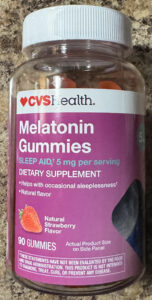
If testing reveals that melatonin levels are lower than they should be, some may consider using supplements to increase those levels. But the question remains, do these melatonin supplements even work? According to scientific studies, the answer is yes. Recommendations published by the American Academy of Sleep Medicine (AASM), indicate that melatonin can be a treatment option for sleep timing issues such as jet lag disorder and shift work disorder. However, they suggest that melatonin should not be used to treat chronic insomnia.
An analysis consisting of 19 studies and 1,683 test subjects concluded that individuals who used melatonin were able to fall asleep an average of 7 minutes earlier than non-melatonin users. Based off of this study, melatonin is likely to be useful for those seeking to get more sleep, although 7 minutes would be considered a modest increase by most people.
There are no official dosing recommendations for melatonin in the United States, however many people take anywhere from 1 to 10 mg within 1 to 2 hours before bedtime. When shopping for melatonin, you will see that the most common doses available are 3 mg, 5 mg, 10 mg and 12 mg. There are even some brands who offer 20 mg doses. Dissolving tablets and gummies are popular forms of the supplement which can be used. The gummy versions are especially popular with kids, but a doctor should be consulted before supplementing your children with melatonin.
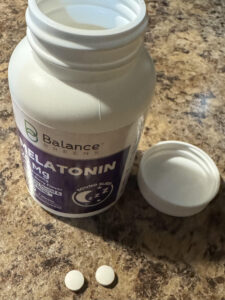
Get your doctor’s approval before starting to take melatonin as a sleep aid for yourself or your children. Also, since melatonin is not FDA regulated, ensure there is a “USP Verified” mark on the bottle, which indicates that the formula meets requirements of the U.S. Pharmacopeial Convention. Non USP verified bottles may have less or more melatonin per dose than advertised since quality control may be minimal or non-existent with those brands.
How Melatonin May Impact Your Future Health
Melatonin level testing provides valuable insights into the functioning of the body and can be a useful tool in diagnosing and managing various sleep and circadian rhythm disorders. The complexity of melatonin’s production, regulation, and effects underscores the importance of proper testing methodologies and interpretation. Healthcare providers and researchers must consider multiple factors when analyzing melatonin test results.
Melatonin supplements may be a solution for those suffering from low levels as studies have confirmed their usefulness. However, due to the lack of standardized dosing guidelines in the United States, a doctor should be consulted before starting a regimen for any adult or child.
Melatonin testing is likely to play an increasingly important role in personalized medicine, sleep optimization, and management of various health conditions for years to come.
References
Eduardo Ferracioli-Oda, A. Q. (2013, May 17). Meta-Analysis: Melatonin For The Treatment Of Primary Sleep Disorders. Retrieved from National Library Of Medicine: https://pubmed.ncbi.nlm.nih.gov/23691095/
Missing the mark with melatonin: Finding the best treatment for insomnia. (2021, February 10). Retrieved from American Academy Of Sleep Medicine: https://aasm.org/missing-the-mark-melatonin-finding-best-treatment-insomnia/

